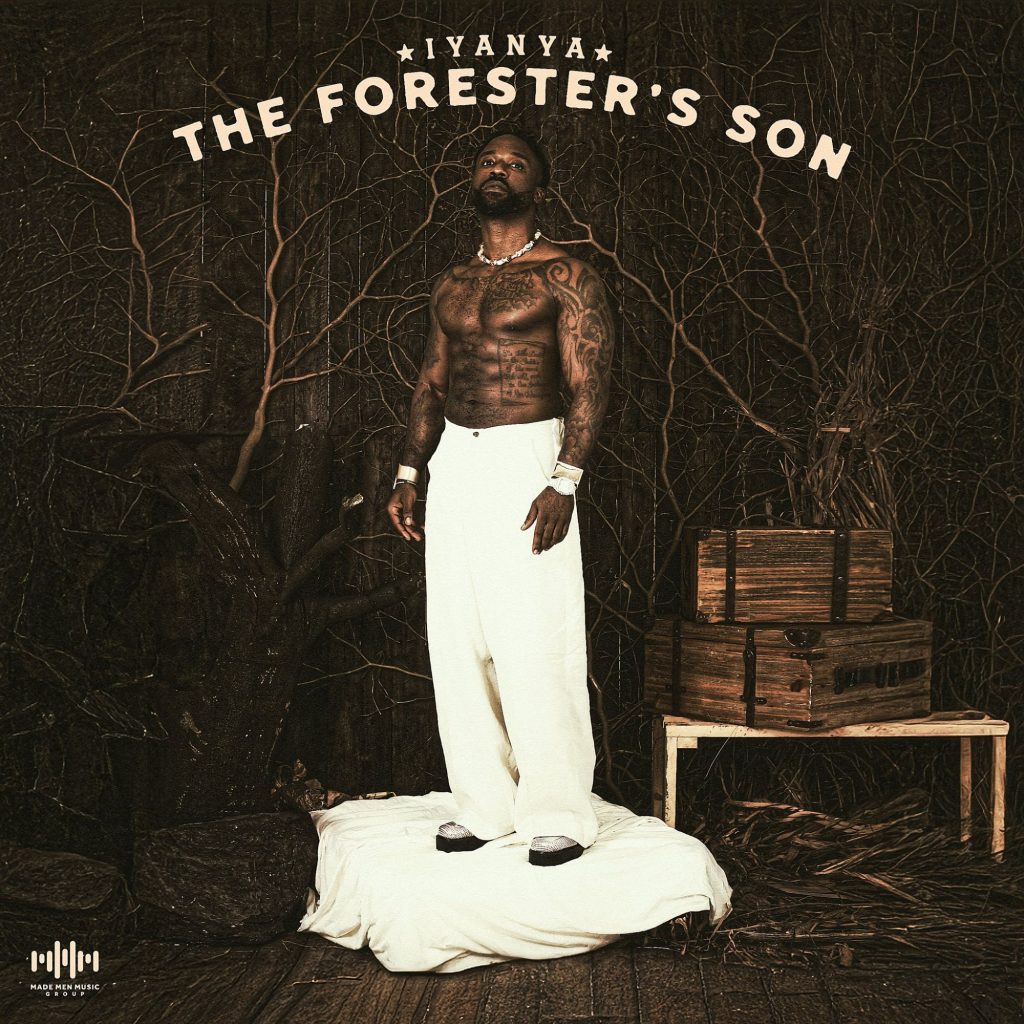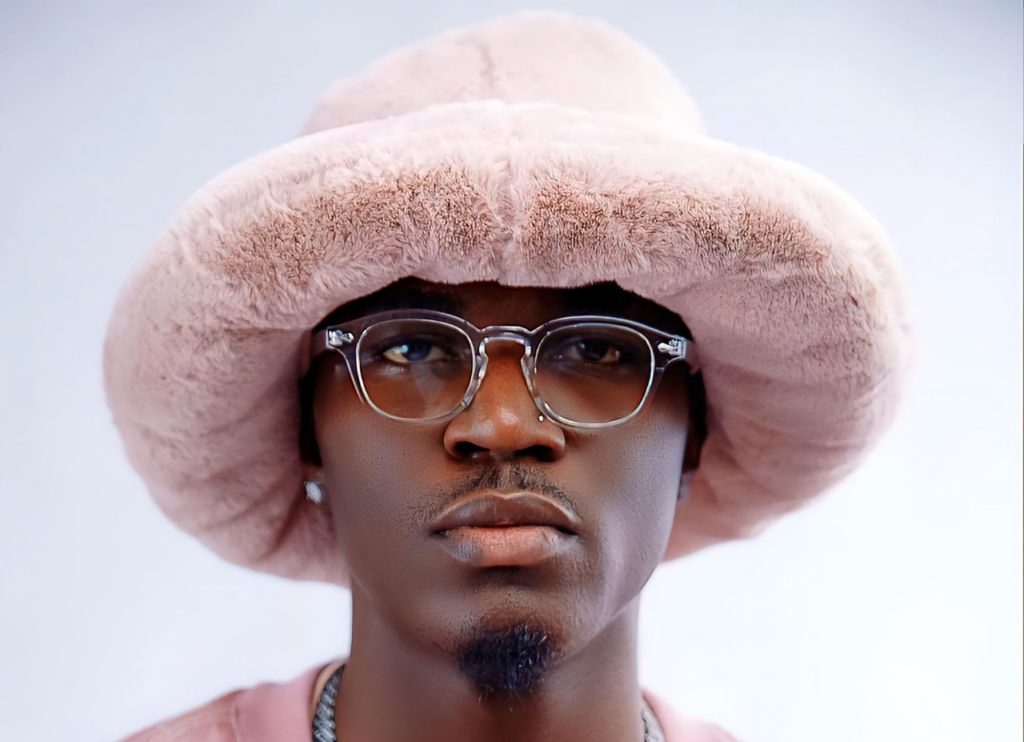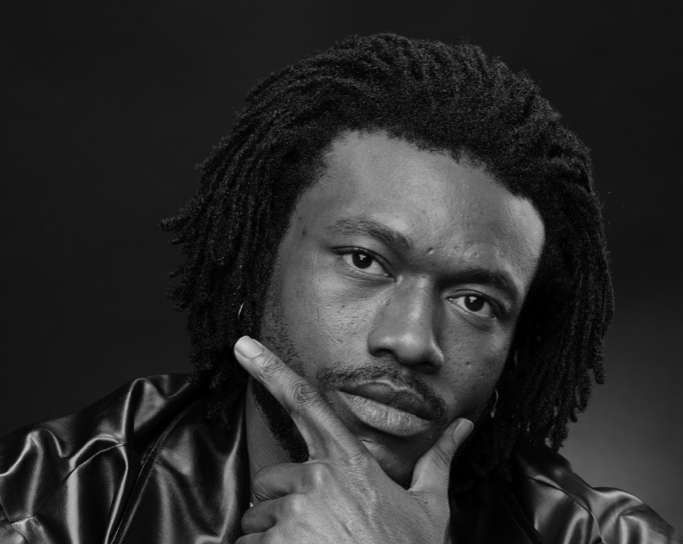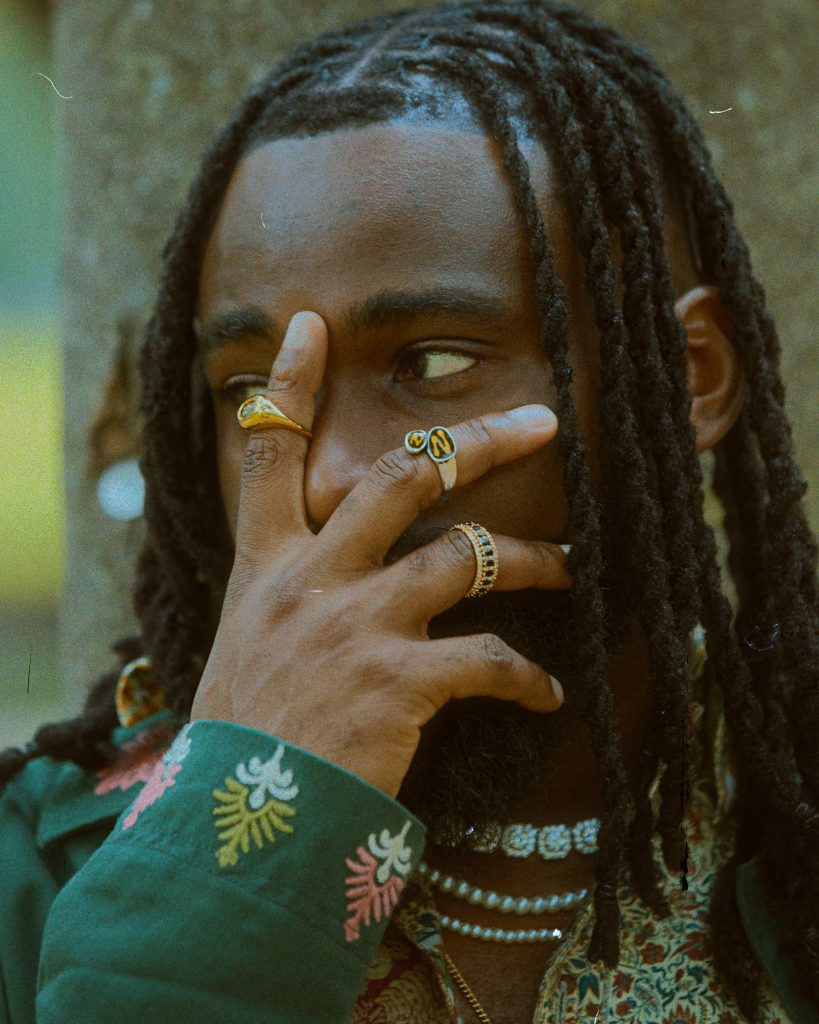Since his 2020 debut EP, Mirage, Mannywellz has made a name for himself in the Afro-R&B space as a niche artist with heartfelt, narrative songwriting, lush vocals and romantic themes. With his new EP, he solidifies his stake in the industry and introduces himself to newer audiences.

Since the dawn of the streaming era in 2019, the Nigerian industry has fractured into silos. Prior to that in the singles singles era of the last decade, it used to be one big unified market place. A hit song that time usually resonated far and wide, irrespective of its genre. The same way you’ll hear an Olamide’s Bobo, blasting from every speaker around town and at every social function—is the same way you’ll hear an Adekunle Gold’s Sade at every nook and cranny. It didn’t matter if the latter was an R&B record, and the former a pop one more suitable for mainstream spaces.
Now we have niche and cult hits. Records that are incredibly popular and received in their primary demographic and space. An example is Santi’s Mandy & The Jungle which is an alte classic, but relatively unknown in the mainstream audience. There are also digital hits that are very popular online, as a result of social media integration but don’t experience similar success offline in the streets and social gatherings. Bottomline? Because of the sheer weight of streaming and the way it has diversified the industry, it’s possible to make a name for yourself in your space, whilst not being a superstar.
There is a burgeoning R&B demographic in Nigeria, that is gradually becoming a fractured silo from the mainstream Afro-Pop. The audiences and artists aren’t as vocal about said divergence, like alte artists for instance but it’s happening gradually. For now, parts of R&B is still entrenched in pop and that’s because the new generation of pop artists are mainstream R&B artists who infuse a lot of R&B into their pop. Mannywellz on the other hand, alongside the likes of Azanti, Nonso Amadi, Tay Iwar, Chike, Johnny Drille etc belong to a separate set of non-mainstream R&B artist carving out a distinguished niche for themselves.
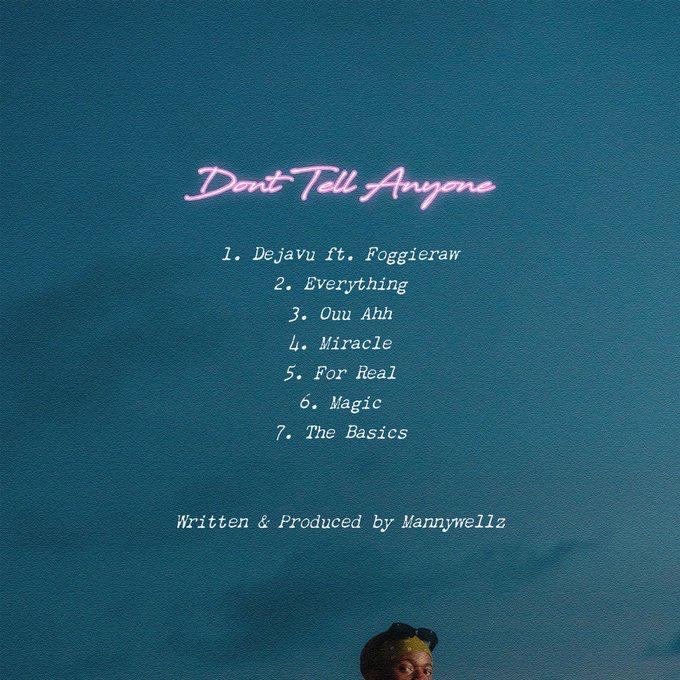
Mannywellz manages to separate himself though from the pool of other talented artists with his choice of beats, that have stronger Afro influences and even in his sonic delivery. Whilst he writes majorly in English, his adlibs and vocal inflections lean on the African side and hence he attains a good balance of local appeal, despite delivering primarily in English.
EP opener, Deja Vu has Mannywellz confessing just how selfish and entitled he can get with his lover. Through compelling writing, he makes the sentiment resonant and not come off as him just being an entitled brat. Instead, he approaches it from the angle of how intense he feels and how overbearing his needs could get. The beat is minimalistic and prominent thumping baseline works a tee as a great backdrop against Mannywellz’s vocals. Foggieraw talks-rap over the beat in an off-beat rhythm and it brings much dynamism to the record.
The African percussive elements persist in the beat of Everything and it has an underlying chord progression that sounds alive like a vocal chop. On the song, Mannywellz is on a mission to convince his lover that he is all she needs and he could give her everything. It’s a sensible topical progression from confessing that he wants her all to himself, to negotiating that he is enough for her. He gets a little inventive with his writing and alludes to his love interest having an affinity for adventure and thus taking him for a ride in the process.
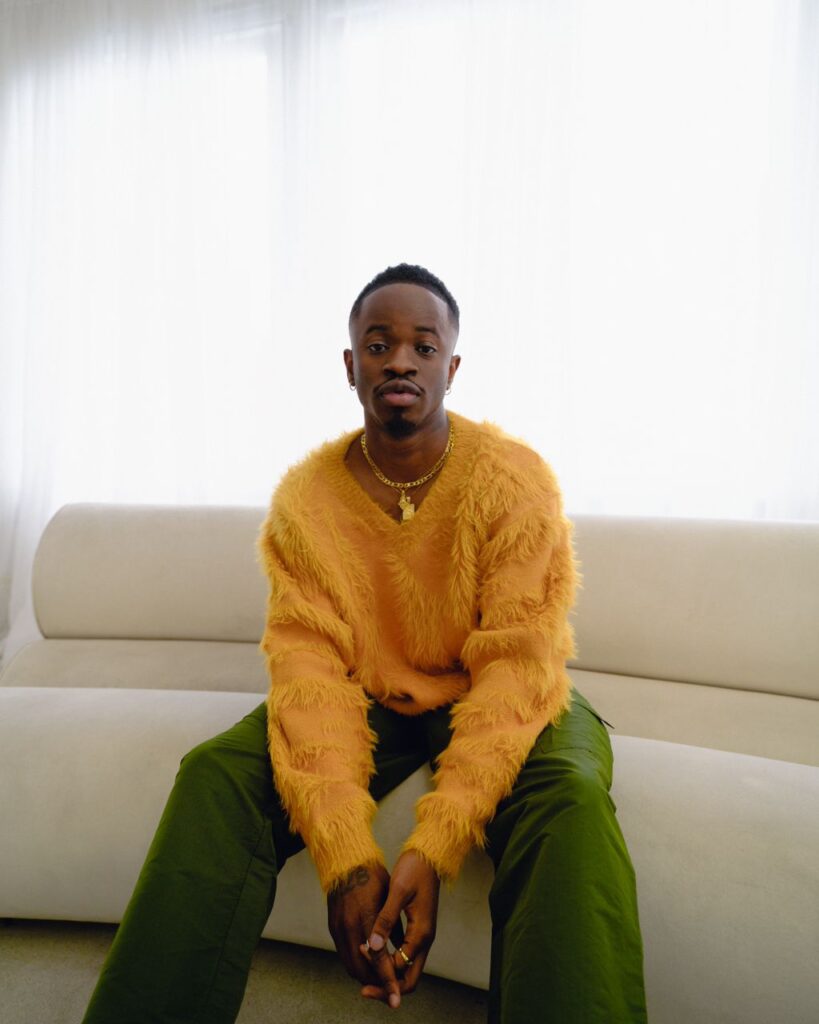
“I want you like, ou ah, ay, ah” Mannywellz sings on Ouu Ahh, using the infamous vocal inflection of expressing pleasant sensations to describe his burning sexual thirst for his lover. The drum arrangement of the beat is that of a trap record and it makes for a soulful Afro-R&B trap cut that smoothly blurs the line between both genres. It is a good song, but this writer believes not enough was done to create the necessary pathos of a sensual song. Reverbs weren’t properly implored and the vocal performance didn’t communicate the desire in the story.
The drums on Miracle reminds this writer of the golden age of Afro-R&B in the early 2000’s (dominated by the likes of styl-plus.) Despite that, the beat doesn’t sound dated and it has rhymical guitar riffs and a baseline that ties it sonically to the preceding songs on the track. Mannywellz likens his woman to a miracle that happened to him, when he didn’t expect it. All through this EP, it seems Mannywellz is on a journey to justify his sentiment on his first track and convince his lover to give him total allegiance.
For Real is the song with the biggest potential in the mainstream and could go on to become a niche hit. The beat has jazz horns and xylophone chords meshed into the beat’s shakers, which makes it the grooviest song on the EP. After much convincing and negotiation, Mannywellz is finally asking his lover if she’ll come over when he needs her and show him how much she cares.
Magic is this writer’s favorite track on the EP and it’s an Afro-Swing record with a comical juxtaposition in the lyrics, where Mannywellz, a man is telling a woman to “take it easy, baby before I have your baby” when it’s biologically impossible to. Album closer, The Basics is the only song that doesn’t qualify as a romantic or sensual one. It’s still a love song, but Mannywellz hones in on the wholesome feeling of returning home and how he could make his lover feel like that. How he could become a home for his lover.
Don’t Tell Anyone is one of the best EP’s out this year and its a great foray into Mannywellz’s artistry and another stellar addition to the growing catalogue of great Afro-R&B projects of the past couple of years. For a music head whose favorite genre is R&B, I believe this EP ticks most of the boxes, despite there still being room for improvements in some areas. It’s only up from here on out for Mannywellz, I believe.
Verdict:
Sonic Cohesion: 1.5
Unharried Transitions: 1.5
Expansive Production: 1.3
Songwriting: 1.5/2
Optimal Track Sequencing: 1.7
Total: 7.5/10.
–This review is written by T.J. Martins, an Album Talks writer.
Listen To ‘Don’t Tell Anyone’ here:


